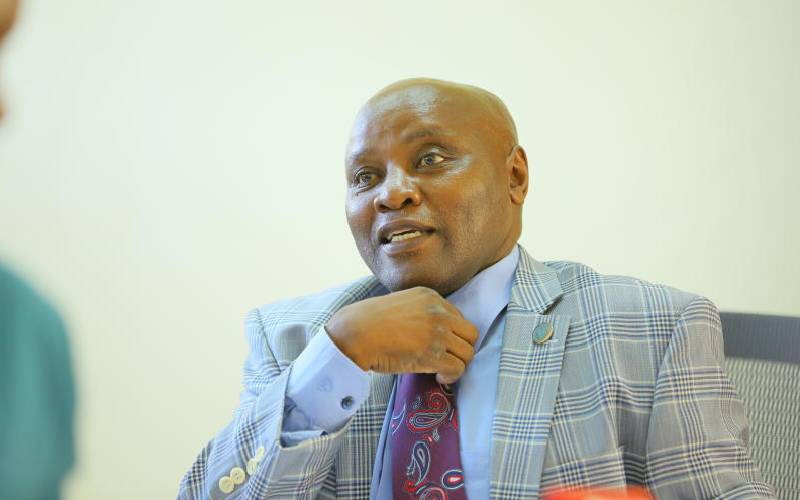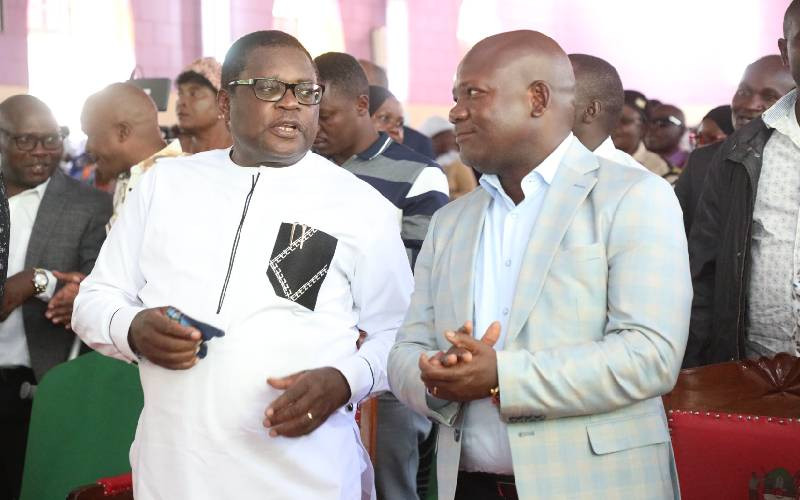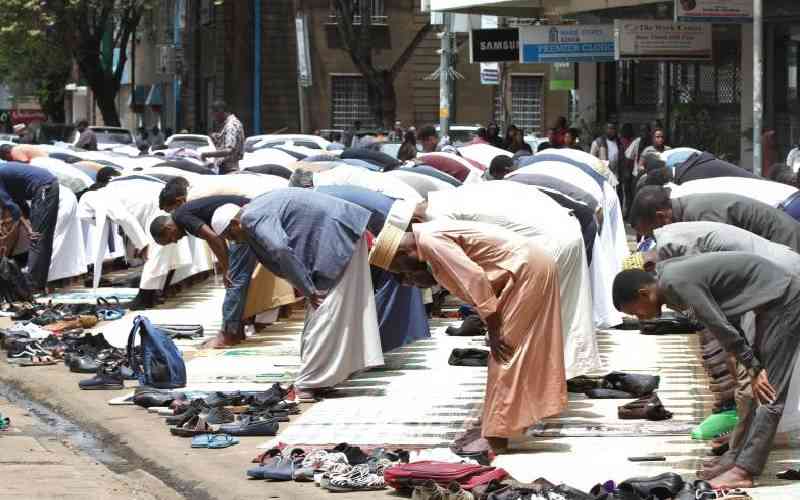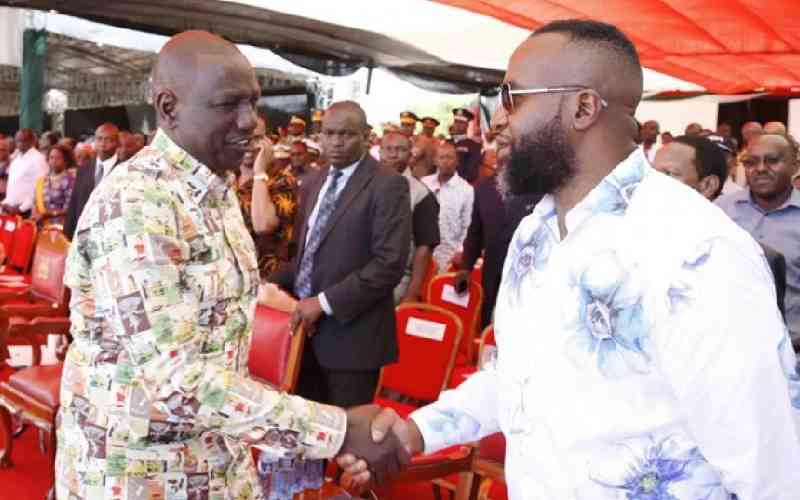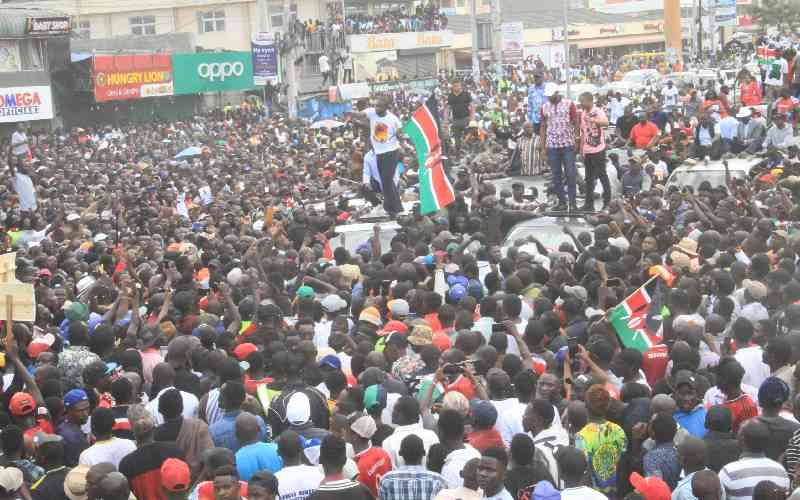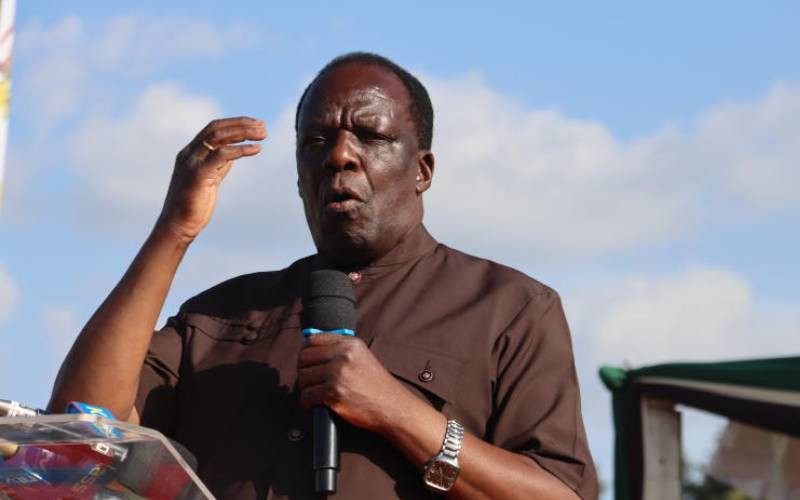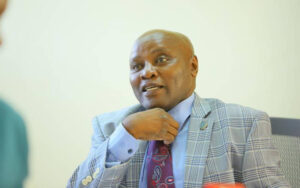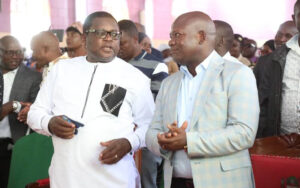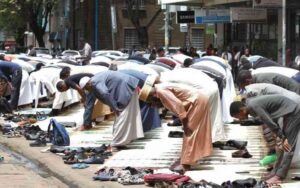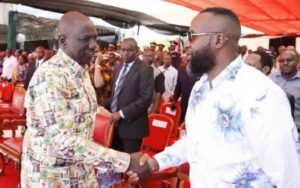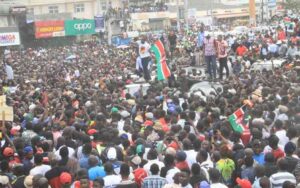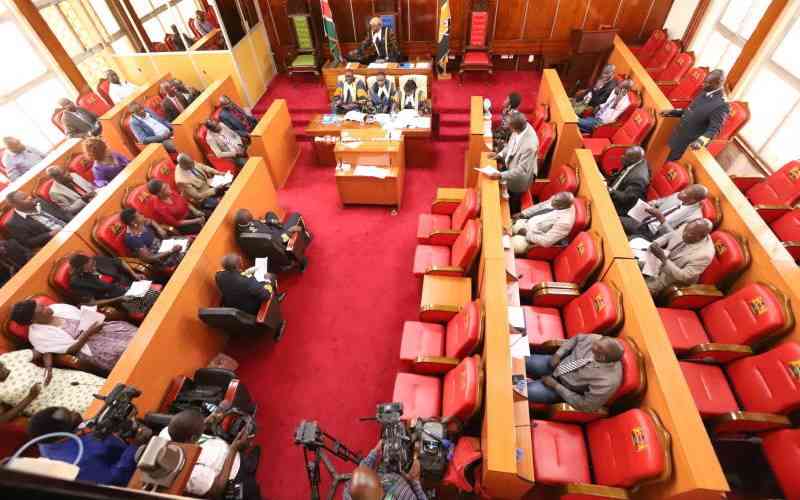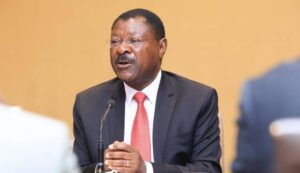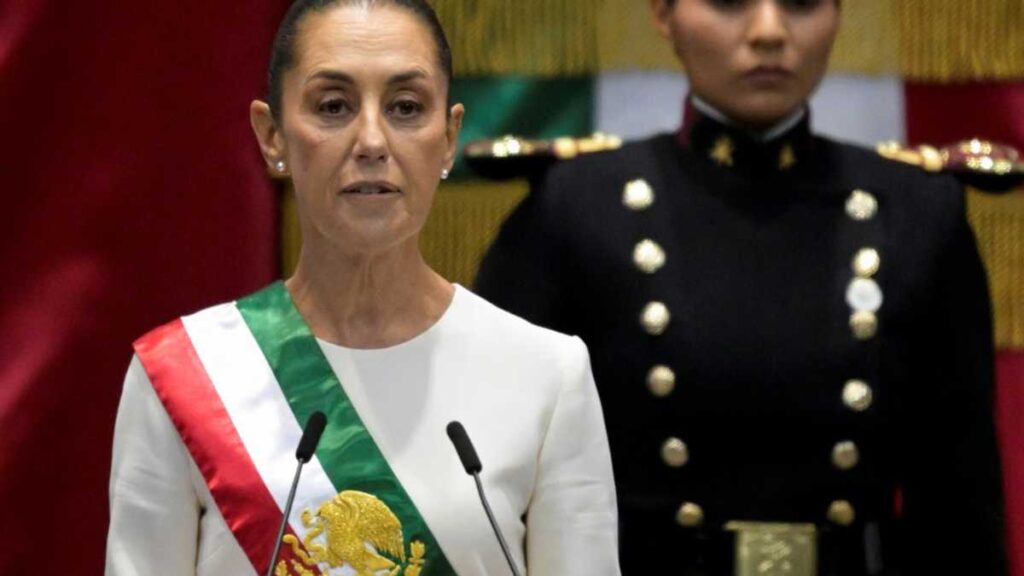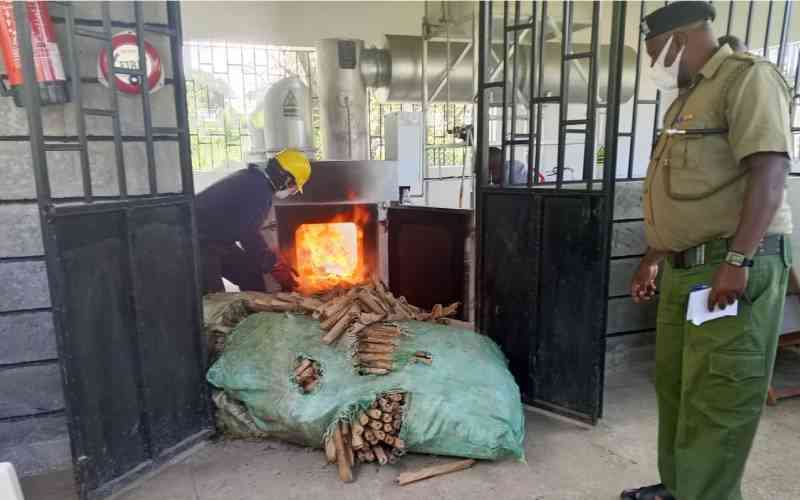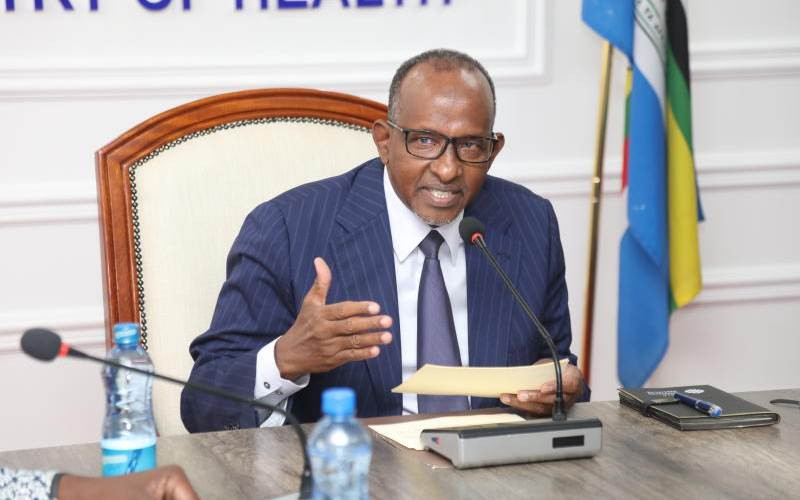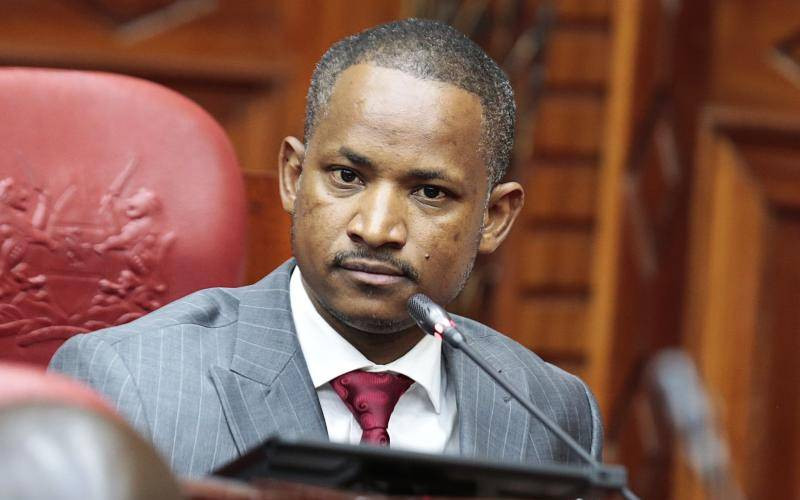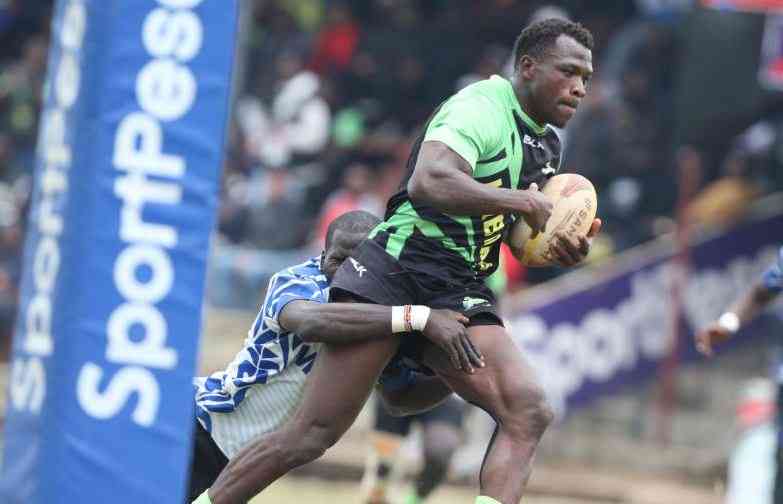The High Court on Tuesday, September 16, nullified a decision by the Office of the Director of Public Prosecutions (ODPP) to exonerate Co-operatives Cabinet Secretary Wycliffe Oparanya from corruption and abuse of office charges, saying the move was unconstitutional.
Justice Benjamin Musyoki ruled that the DPP acted without transparency, accountability, or consultation with the Ethics and Anti-Corruption Commission (EACC), usurping its investigative mandate.
“The inevitable conclusion is that the 1st respondent (ODPP) usurped the powers of the 2nd interested party (EACC) when it received alleged fresh evidence and unilaterally decided to review its decision to charge without reference to the 2nd interested party. It assumed powers it does not possess either in the Constitution or statute,” ruled Musyoki.
The case arose from a petition filed in August 2024 by Fredrick Mulaa, who sought to have Oparanya’s appointment as CS declared illegal, and the DPP’s directive to review his case revoked.
According to the ODPP, its decision followed a letter from Oparanya’s advocates stating that the money he was accused of laundering was not a kickback but a loan.
“It has since been established that the monies alleged to have been money laundered was a loan,” stated the ODPP, adding: “The Director of Public Prosecutions finds that it will be an uphill task to secure a conviction in this matter and has reviewed the decision to charge all the suspects in the matter and directed that the file be closed for lack of sufficient evidence.”
While the EACC rejected this decision, the case against Oparanya stalled, as the law places charging powers with the DPP.
Justice Musyoki, however, faulted the DPP for failing to allow EACC to investigate the fresh evidence.
“In my view, once the 1st respondent (ODPP) received the request to review its decision to charge, the correct, legal, lawful, and constitutional procedure it should have adopted was to direct the 2nd interested party pursuant to Section 5(2)(b) of the ODPP Act to investigate the fresh evidence and reconsider its recommendations. Only after the 2nd interested investigated the alleged fresh evidence, would the 1st respondent be constitutionally mandated to make a decision based on the same,” read the verdict.
The judge quashed the DPP’s directive but declined to invalidate Oparanya’s appointment, saying the court had no jurisdiction to interrogate the merits of his nomination and approval process.
The ruling restores the legal basis for prosecuting Oparanya on corruption and abuse of office charges.


